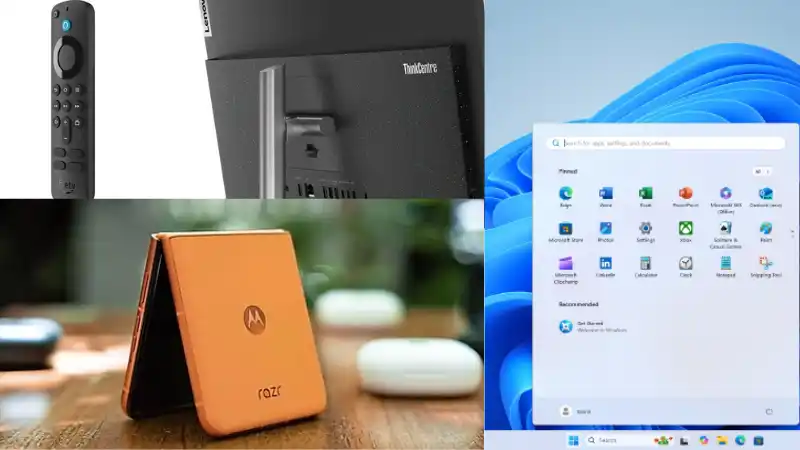For a long time, the Amazon Fire TV Stick was seen as a versatile device, partly due to the ease with which users could manually install third-party apps, a practice known as sideloading. However, I’ve noticed a significant shift in Amazon’s approach. The company is now taking much stricter measures against pirate streaming applications.
Table of Contents
This crackdown involves a new system-level blacklist that directly disables certain apps. It’s a clear signal that Amazon is getting serious about controlling the software ecosystem on its popular streaming devices. This change is not just about blocking a few apps; it’s part of a larger strategy that will fundamentally alter the Fire TV platform.
🚫 Blacklisted Apps and ‘Riskware’ Classification
Several popular sideloaded apps, including Flix Vision, Live NetTV, and Ocean Streamz, have recently been targeted. When I try to launch one of these apps, it is now disabled by the operating system, and a message suggests its removal. This is a much more aggressive approach than simply removing apps from the official store.
Amazon has classified these applications as ‘riskware’. The concern is that such apps could exploit the user’s CPU and internet bandwidth for hidden monetization purposes or even incorporate the device into a botnet without the user’s knowledge. This move frames the issue not just as one of piracy, but of user security.
🔒 The Future: Vega OS and the End of Sideloading
The biggest change is yet to come. Amazon has announced that by the end of 2025, the Fire TV platform will transition from its Android-based OS to a new proprietary system called Vega OS. I believe this is the most significant part of their strategy.
This move will allow Amazon to create a closed ecosystem, similar to Apple’s tvOS. In this new environment, all applications will need to be verified and approved by Amazon before they can be distributed. This will almost certainly mean the definitive end of sideloading on Fire TV devices.
While this will enhance security and help combat piracy, it will also limit the flexibility that many users have come to appreciate. For those concerned about network security at home, this guide on securing your home network provides some valuable tips.
More Topics
- Windows 11 – How to Monitor Your PC’s RAM
- Motorola Razr 60 – A Guide to the New Foldable with Moto AI
- Lenovo ThinkCentre Neo 50a – A Guide to the All-in-One PC
- Ring Cams – How to Use the New ‘Video Descriptions’ AI Feature
- How to Turn a Travel Itinerary into an Animated Map Video
- Nothing Phone 3 – A Guide to Specs, Features, and Price
- ChatGPT-5 – A Guide to the New Features and Changes

